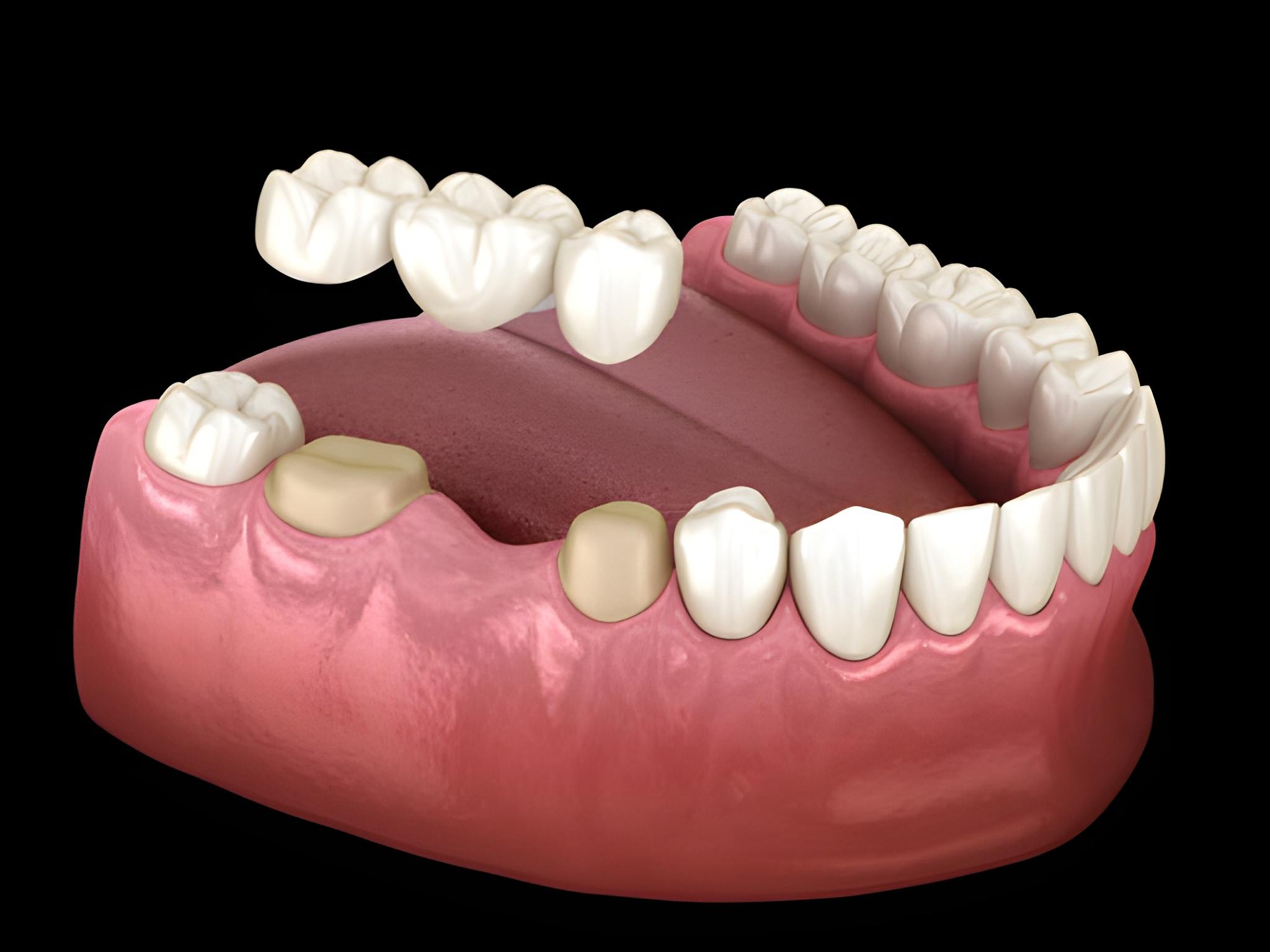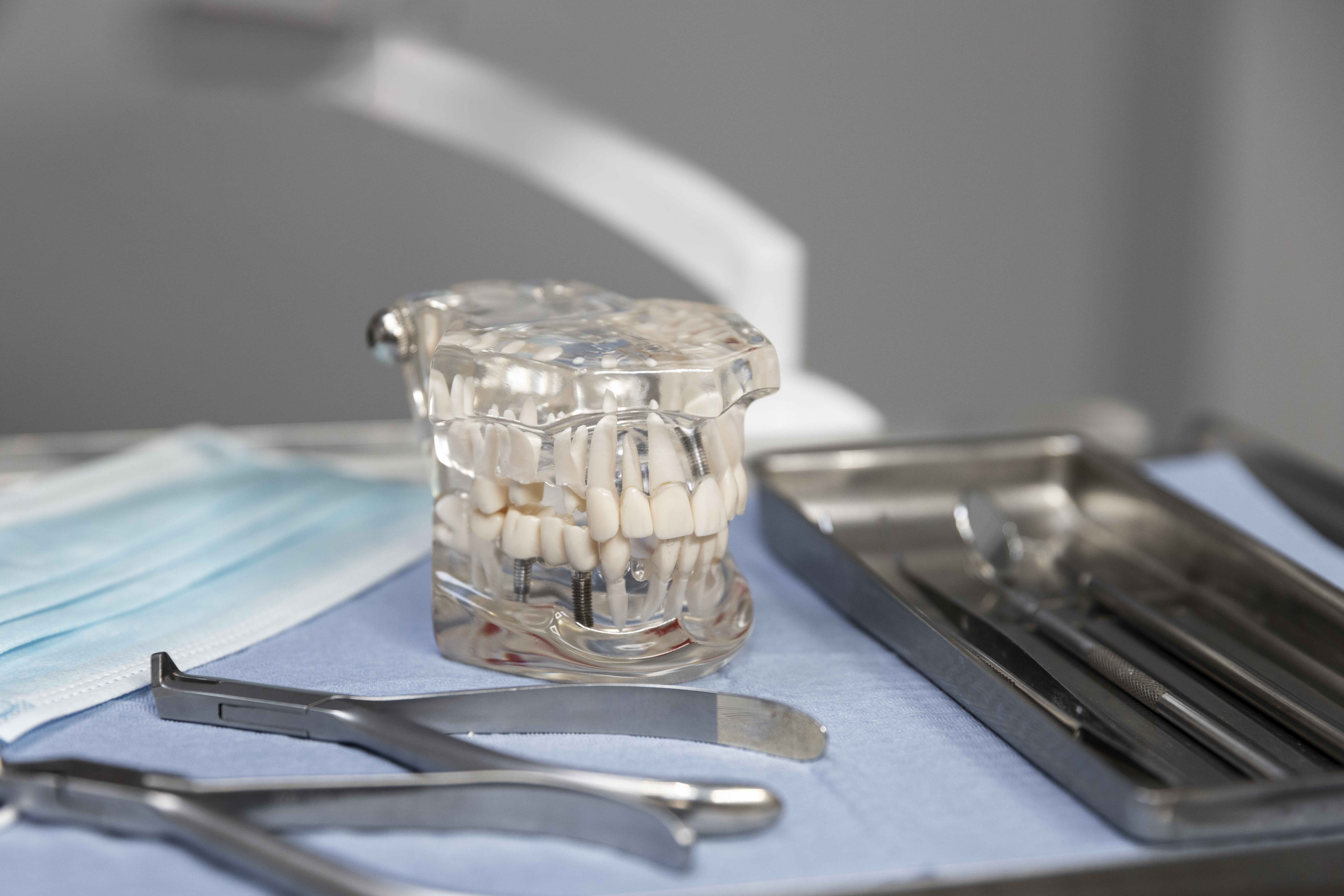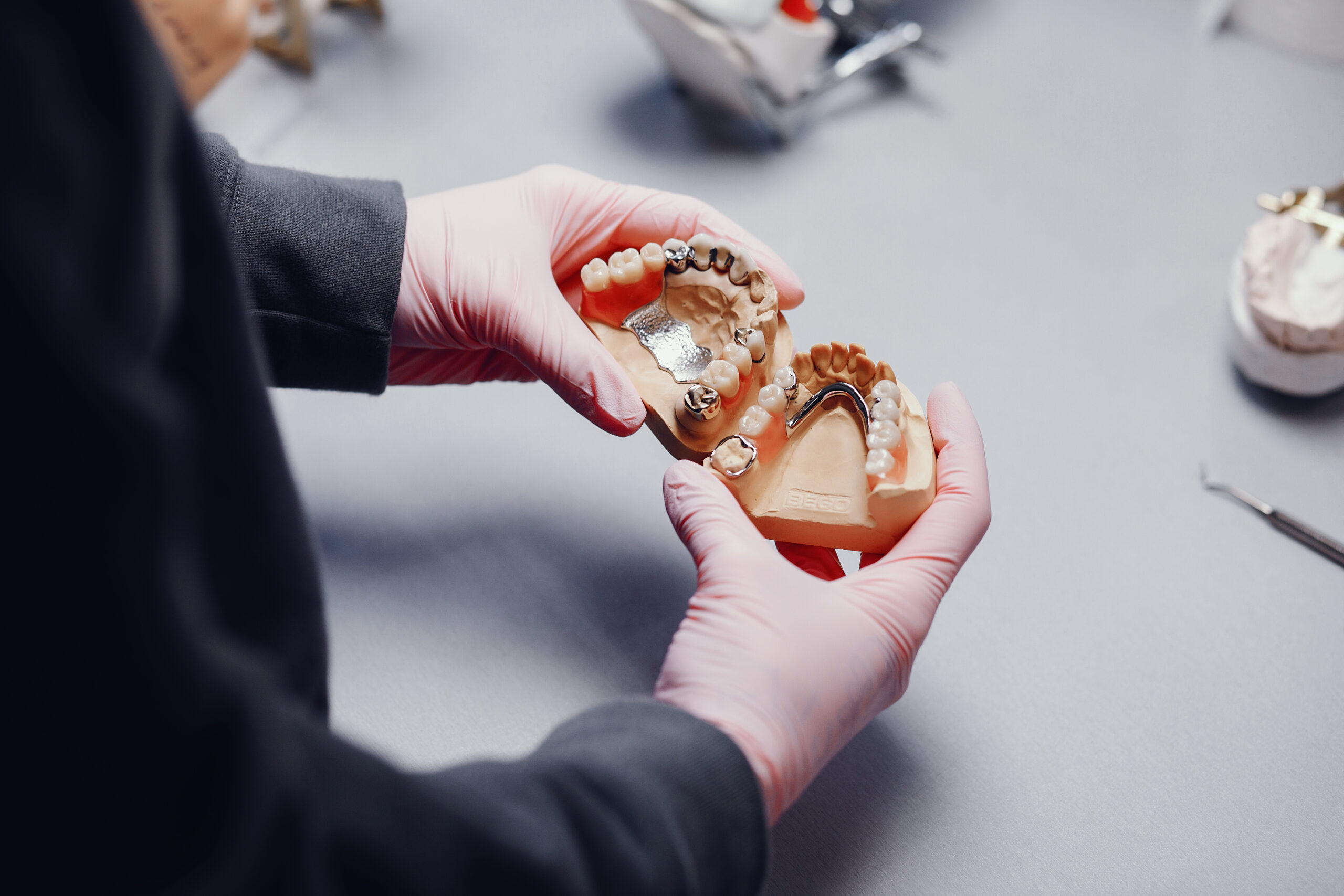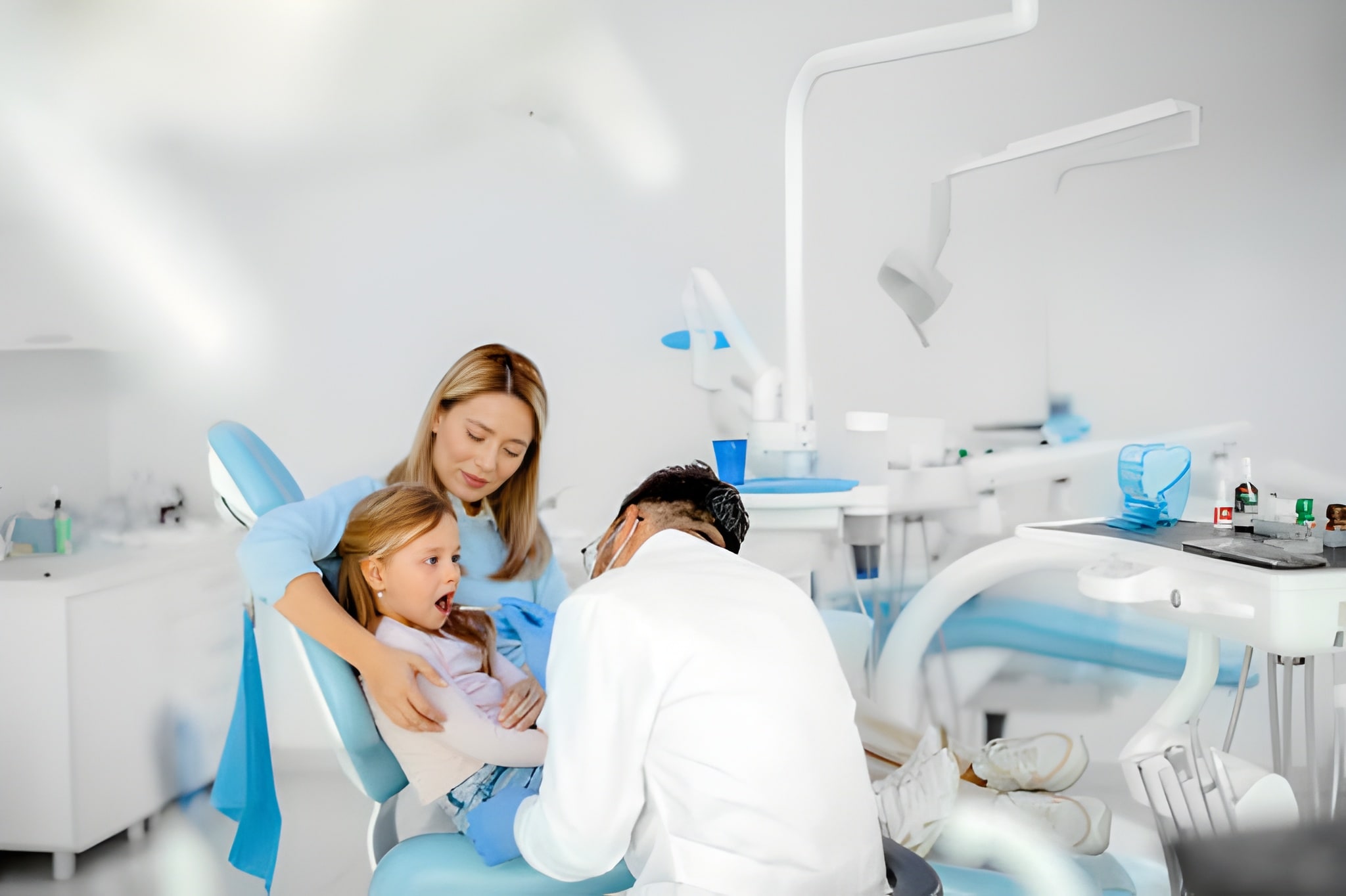Home Dental Implants Aftercare: Tips for a Successful Recovery
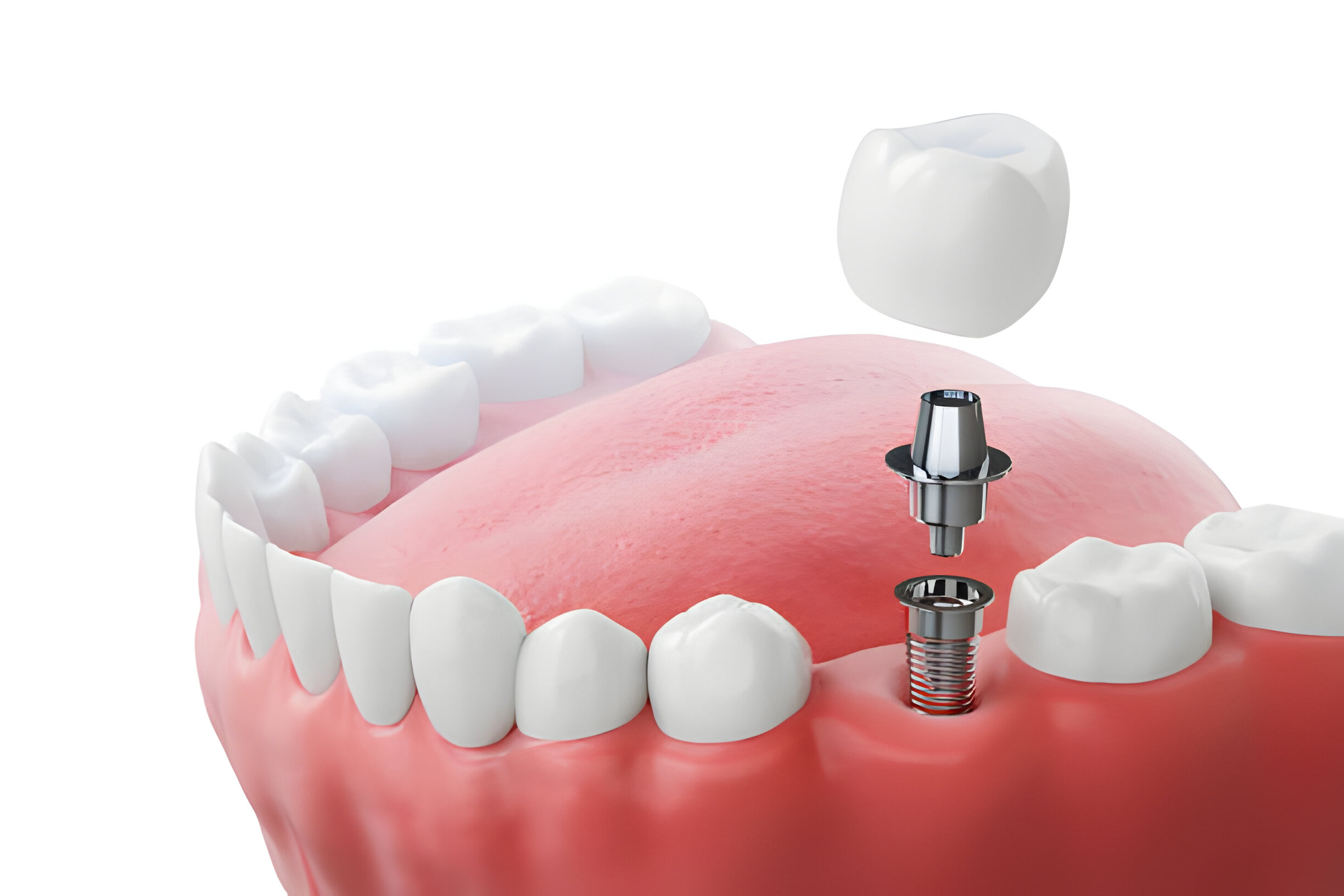
Dental implants are a life-changing solution for those seeking to restore their smile. However, the success of the procedure hinges on proper aftercare. This blog provides a comprehensive guide to dental implant aftercare, offering essential tips for a smooth recovery, addressing common concerns, and highlighting the importance of following your dentist’s instructions for long-term success.
Dental implants have revolutionized how we approach tooth loss, providing a durable and natural-looking solution. However, the journey continues once the implants are placed. Proper aftercare is crucial to ensure a successful recovery and the longevity of your implants. This blog will walk you through essential tips for caring for your dental implants post-surgery, common pitfalls to avoid, and how to achieve the best possible outcome.
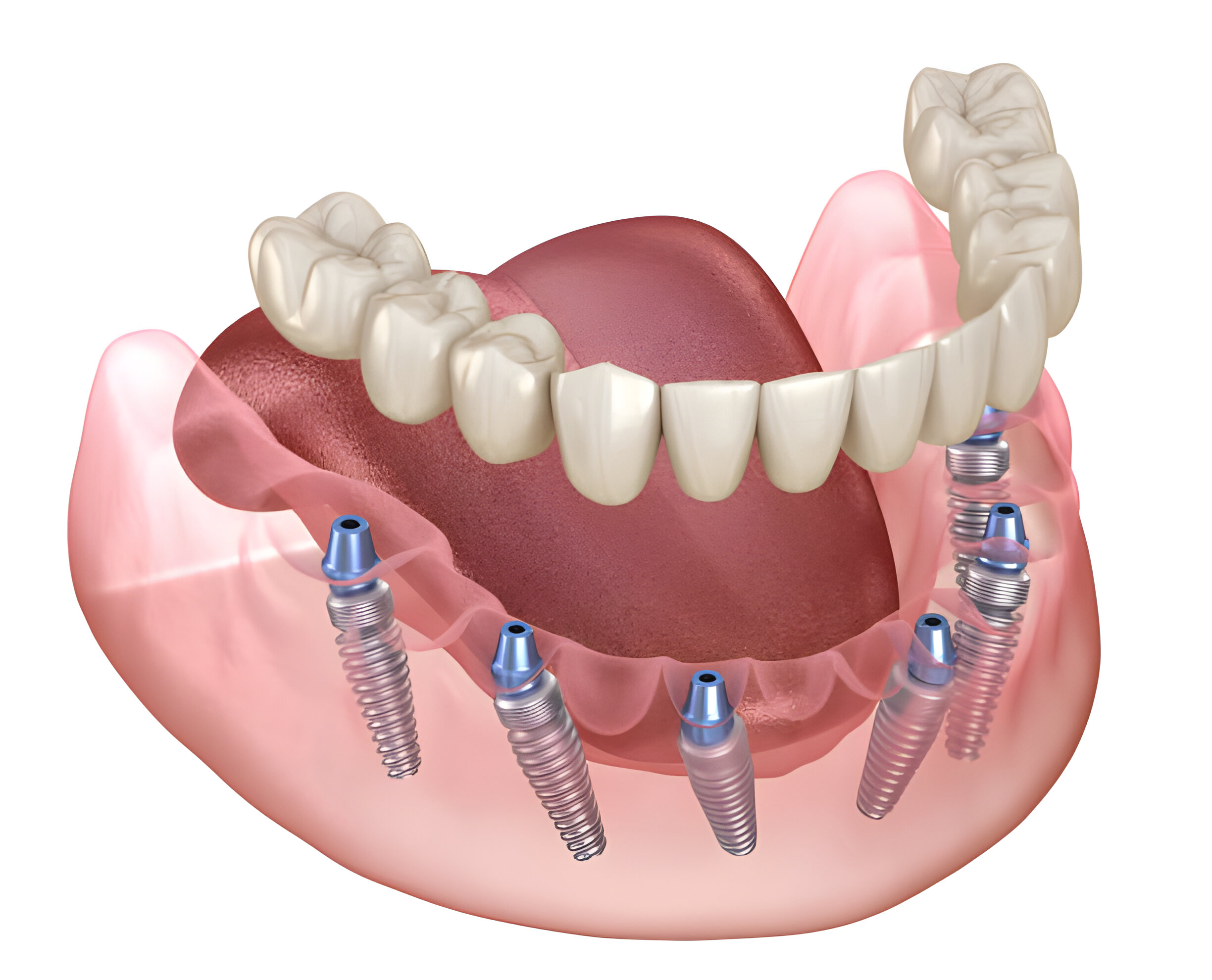
Following dental implant surgery, the healing process involves several stages, the most critical being osseointegration—the fusion of the titanium implant with the jawbone. This process can take three to six months, depending on various factors, including your overall health and adherence to aftercare instructions. Proper aftercare during this period is vital for the implant’s stability and long-term success.
You’ll likely experience discomfort, swelling, and minor bleeding in the initial days after surgery. These are normal responses to the procedure and typically subside within a week. Your dentist will provide specific instructions to manage these symptoms, including prescribed pain relief and cold compresses to reduce swelling.
Conditions such as diabetes or cardiovascular disease can slow down the healing process. It’s essential to inform your dentist of any chronic health issues before the procedure, as they may require special precautions or adjustments to your aftercare plan.
Both smoking and excessive alcohol intake can severely impede the healing process. Nicotine reduces blood flow, hindering the delivery of oxygen and nutrients to the surgical site, while alcohol can dehydrate the body and delay recovery. Quitting smoking and limiting alcohol consumption before and after surgery can significantly improve your recovery outcomes.
A balanced diet rich in vitamins, minerals, and protein is crucial for healing. Soft and easy-to-chew foods, like yogurt, mashed potatoes, and smoothies, are great for the days following surgery. Avoiding hard and sticky foods will protect the implant site and promote faster healing.
Maintaining excellent oral hygiene is non-negotiable during recovery. Gentle brushing with a soft-bristled toothbrush and rinsing with an antibacterial mouthwash will help prevent infection. However, be cautious around the implant site to avoid disturbing the healing tissue.
Your body needs time to heal, so rest is essential. Avoid strenuous activities for at least a few days post-surgery, and focus on giving your body the necessary downtime to recover.
Your dentist will provide specific instructions tailored to your situation. Whether you take prescribed antibiotics, avoid certain foods, or use a special mouthwash, following these guidelines is critical to preventing complications.
Over-the-counter pain relievers can help ease the discomfort. If your dentist prescribes more vital medication, take it as directed. Applying cold compresses can reduce swelling near the operated region.
During the initial days, eat soft foods that won’t irritate the surgical region. As you get comfortable after the recovery, eat solid foods with your dentist’s approval.
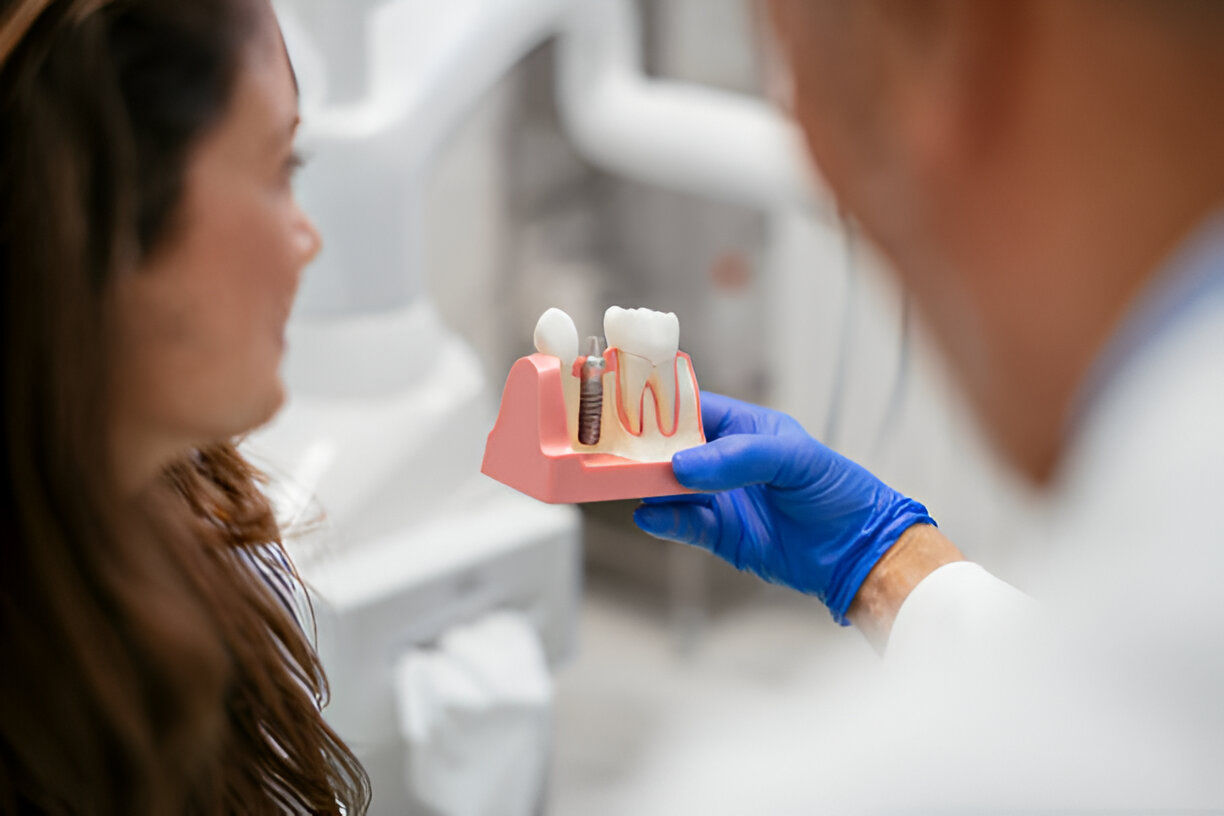
A quicker recovery means a lower risk of complications such as infection or implant failure. Adhering to your dentist’s instructions and caring for your oral health can minimize these risks and ensure a smooth recovery.
The faster the implant integrates with your jawbone, the higher the chances of long-term success. Proper aftercare supports this integration process, creating a more durable and stable implant.
With a speedy recovery, you’ll return to your routine faster and enjoy the full benefits of your new dental implants in Grants.
Certain things may delay the recovery period and even worsen the surgical site of your dental implants. To ensure a steady and successful recovery after dental surgery, it is best to avoid the points below.
Monitoring your recovery and knowing when to contact your dentist is essential. Seek professional help if you experience:
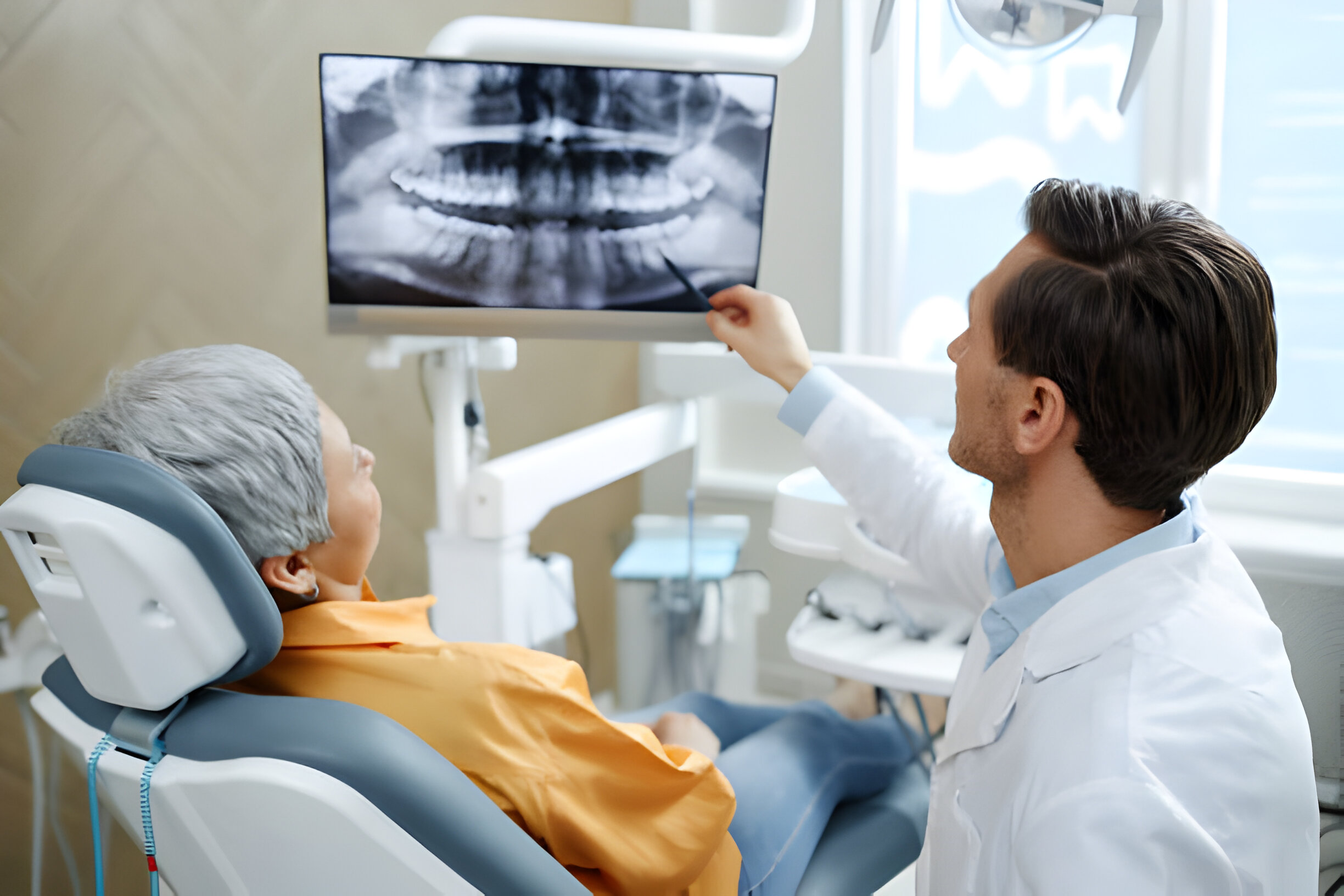
Dental implants are a significant investment in your oral health, and proper aftercare is critical to ensuring their success. By following these guidelines, you can enjoy a smooth recovery and look forward to the long-lasting benefits of your new smile.
At Sundance Dental Grants, we’re here to support you along the way. Don’t hesitate to contact Dentist Grants with any questions or concerns about your recovery. We’re committed to helping you succeed with your dental implants in Grants.

